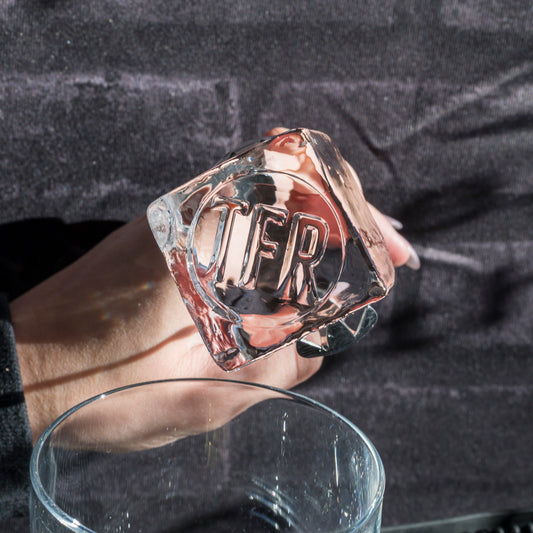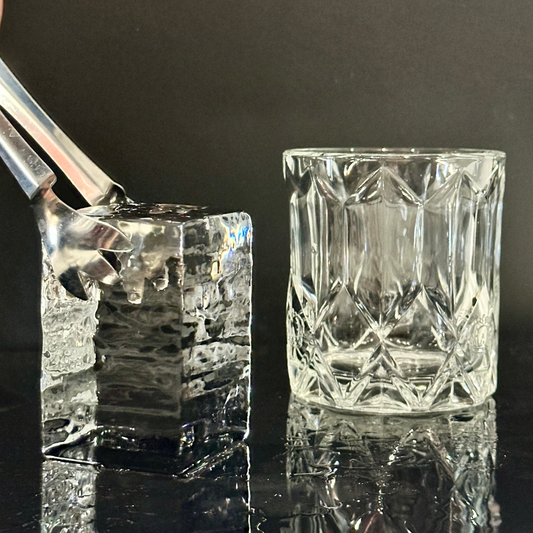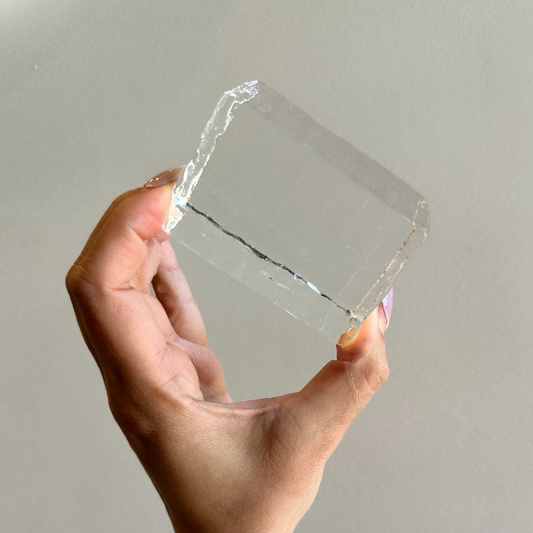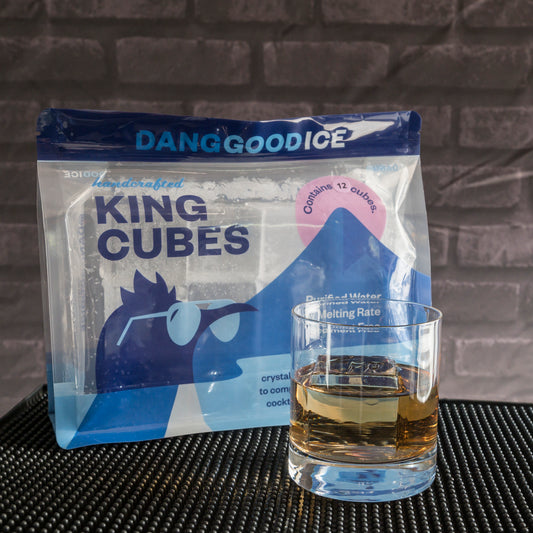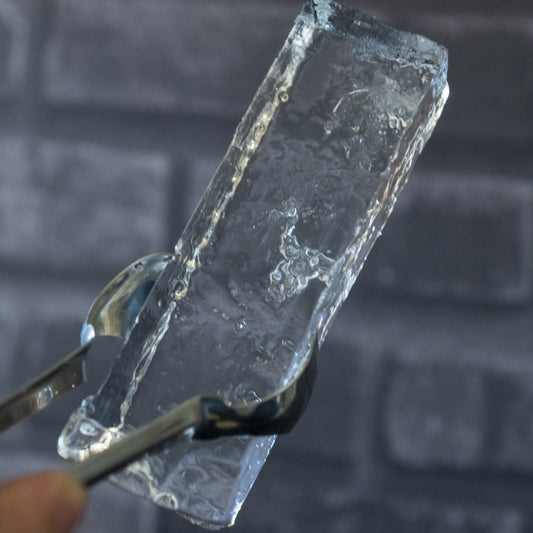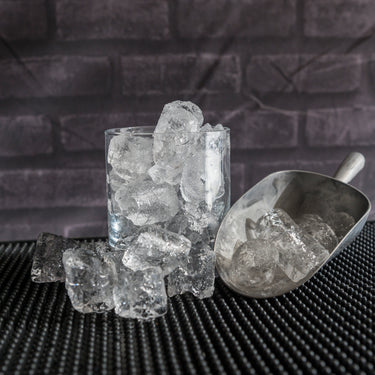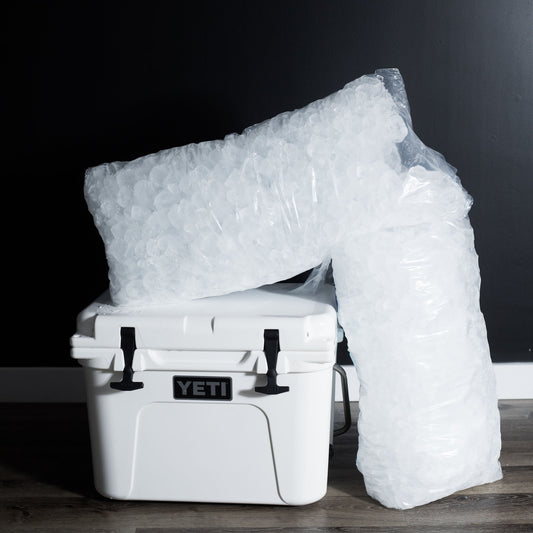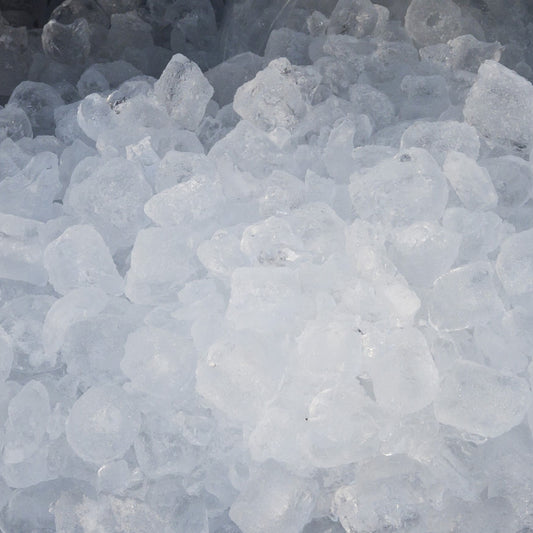Embracing the Power of Cold Therapy: A Comprehensive Guide to Ice Baths in Vancouver
The Science Behind Ice Baths
Historical Context and Modern Applications
Ice baths, a practice dating back to 3500 BCE, have evolved into a key component of modern wellness and athletic recovery routines. This ancient method, now termed cold therapy or cold-water therapy, harnesses the power of ice-cold water immersion to offer numerous physical and mental health benefits.
Physical Health Advantages
- Muscle Recovery: Ice baths are renowned for their effectiveness in aiding muscle recovery. They work by reducing muscle inflammation, swelling, and soreness while flushing out lactic acid. This practice helps limit the inflammatory response post-exercise, thus accelerating recovery.
- Metabolism Boost: Regular exposure to cold water can stimulate brown adipose tissue, which plays a vital role in energy conversion and maintaining body warmth. This process can potentially transform unhealthy body fat into metabolically active tissue, enhancing overall metabolism.
- Reduced Swelling and Inflammation: The immediate constriction of blood vessels upon entering an ice bath helps reduce post-exercise swelling and inflammation, crucial for preventing muscle damage and pain.
Mental Health Benefits
- Central Nervous System Stimulation: An ice bath triggers an instant boost in alertness by stimulating both the sympathetic and parasympathetic nervous systems. This response contributes to mood enhancement and heightened mental clarity.
- Breathing Techniques and Stress Management: Ice baths teach effective breathing control, essential for managing stress and anxiety. By learning to breathe deeply in cold water, individuals can stimulate their parasympathetic nervous system, aiding relaxation and mental calmness.
- Combatting Depression and Anxiety: Studies have shown that cold water therapy can significantly improve symptoms of depression and anxiety. This effect is partly attributed to the reduction in cortisol levels, a stress hormone, mirroring the benefits of antidepressant medications.
- Mood Improvement and Stress Reduction: The release of endorphins in response to cold water immersion leads to mood enhancement and stress relief. Regular ice bath practices can foster resilience against stress, contributing to overall mental well-being.

Comparing Ice Baths and Cold Showers
While both ice baths and cold showers incorporate elements of cold therapy, they differ in intensity and benefits. Ice baths offer a more intense experience with greater benefits for muscle recovery and inflammation reduction. Conversely, cold showers provide a convenient, less intense alternative, boosting mood, energy, and circulation.

Differentiating Ice Baths from Cold Plunges
The key distinction between ice baths and cold plunges lies in water movement. Ice baths use still water, offering consistent temperature and slower anti-inflammatory effects. In contrast, cold plunges involve moving water, often circulated through jets or waterfalls, providing more immediate physical benefits due to enhanced circulation and quicker inflammation reduction.
Practical Tips for Ice Bath Therapy
- Gradual Tolerance Building: Start with shorter durations and gradually increase your time in the ice bath, with a maximum limit of 10 minutes.
- Body Awareness: Pay attention to your body's responses. Beginners should start with partial immersion, gradually progressing to full body plunges.
- Health Considerations: Individuals with cold sensitivity or certain health conditions should consult a healthcare professional before starting ice bath therapy.
Understanding the Benefits of Infrared Saunas
Infrared saunas offer a unique experience compared to traditional saunas. They use light waves to directly heat the body, resulting in cathartic sweating and an increased heart rate. This direct heating method is often more comfortable than the dry heat or steam used in traditional saunas.
The Role of Floatation Therapy in Mental Health
Floatation therapy, akin to a form of exposure therapy, offers a tranquil environment for managing anxiety disorders. This therapeutic approach assists in reprogramming the body's response to stress, fostering physiological and psychological recovery.
Additional Wellness Practices
- Yoga and Meditation: Incorporating yoga and meditation into daily routines can significantly enhance mental clarity and inner peace.
- Real Estate Trends and Mental Health: Staying informed about real estate market trends, as advocated by industry experts, can reduce financial stress and contribute to overall mental well-being.
If you’re looking for ice to be delivered to you for your own ice bath click on the link here.


